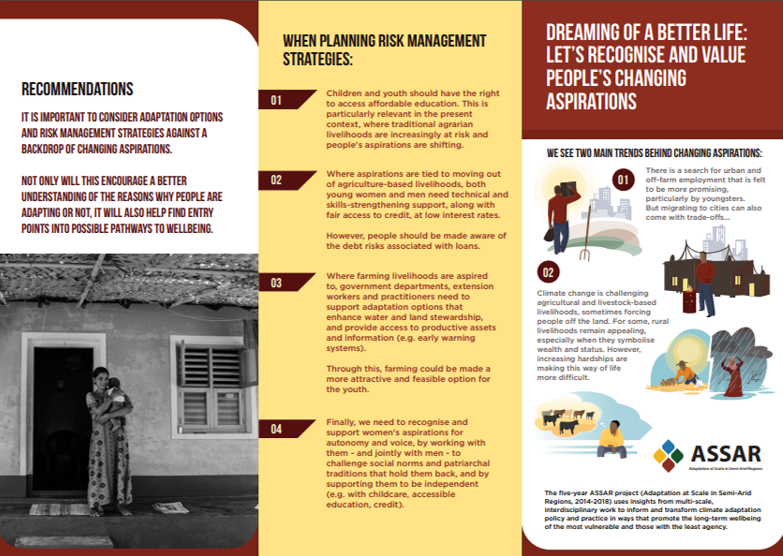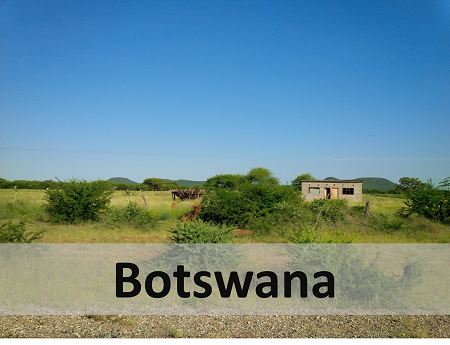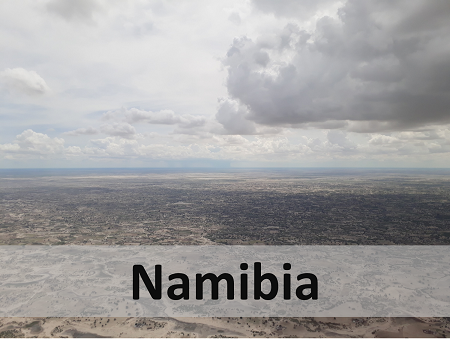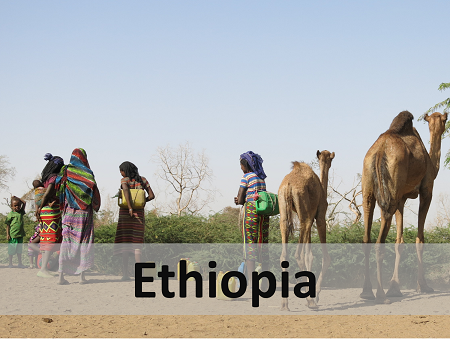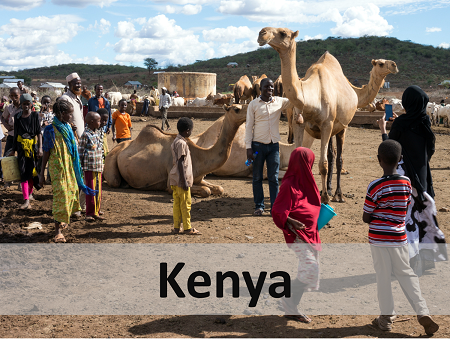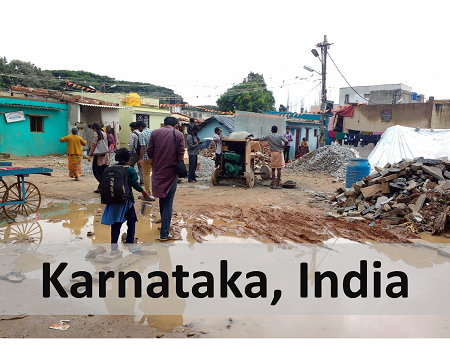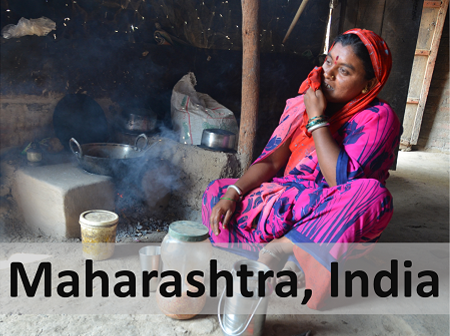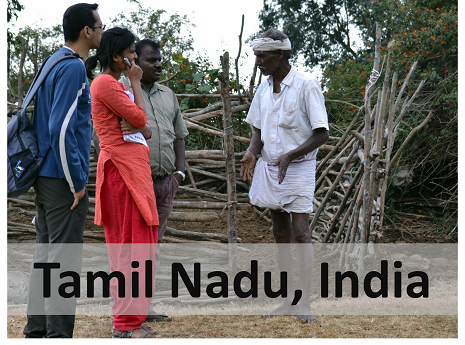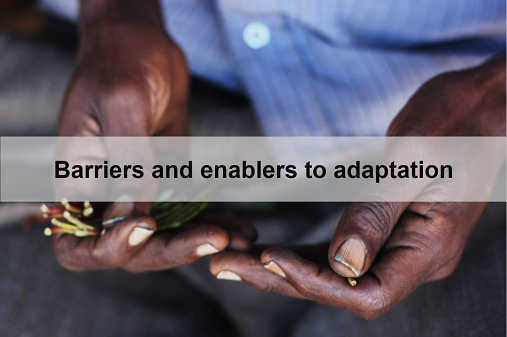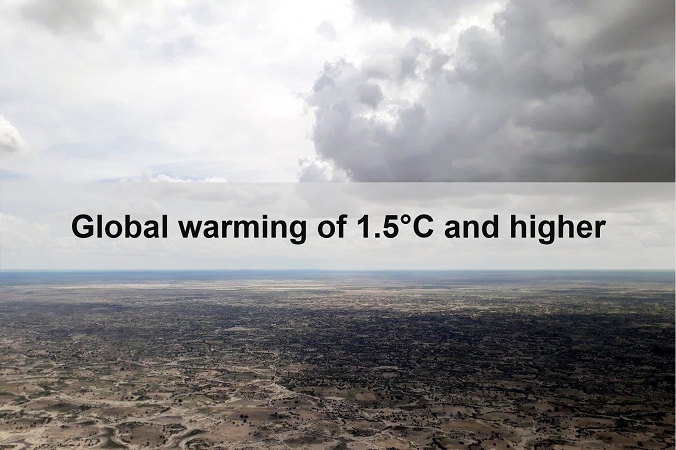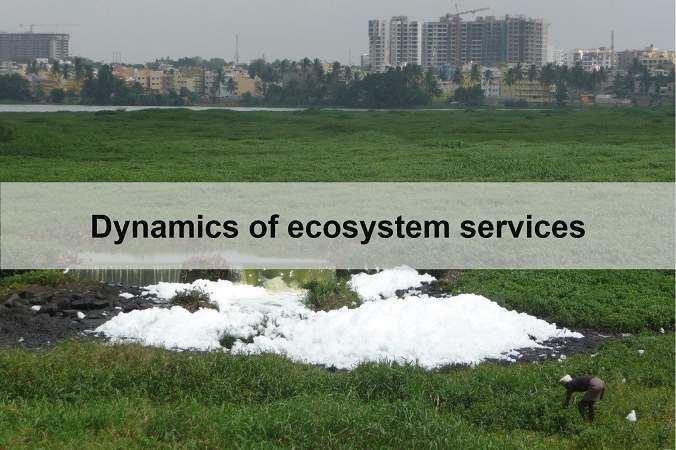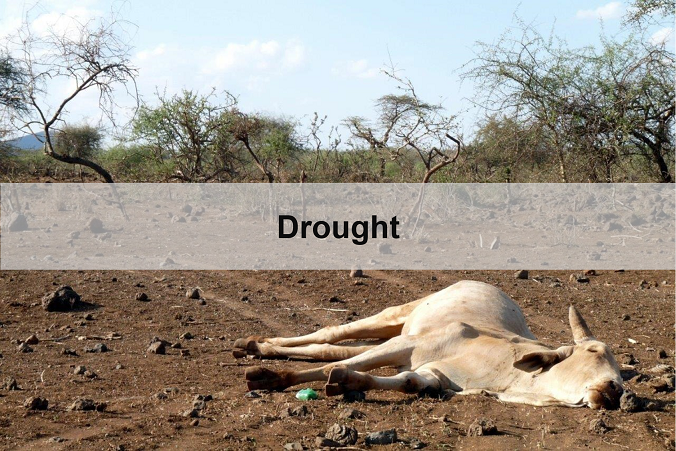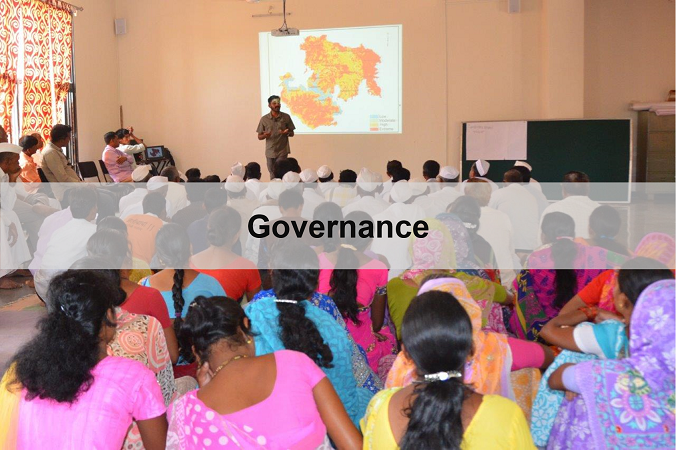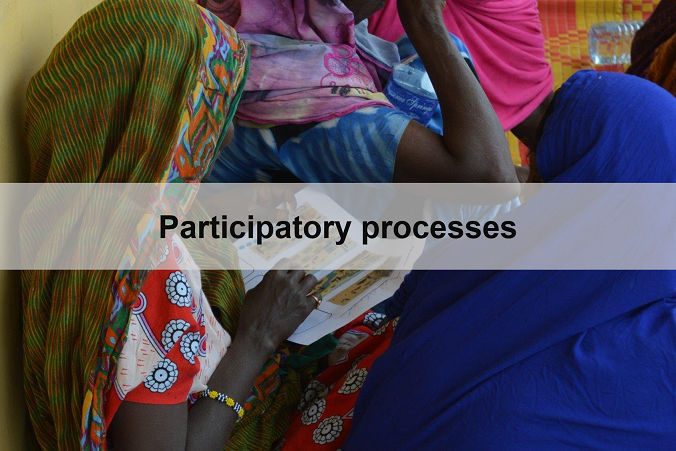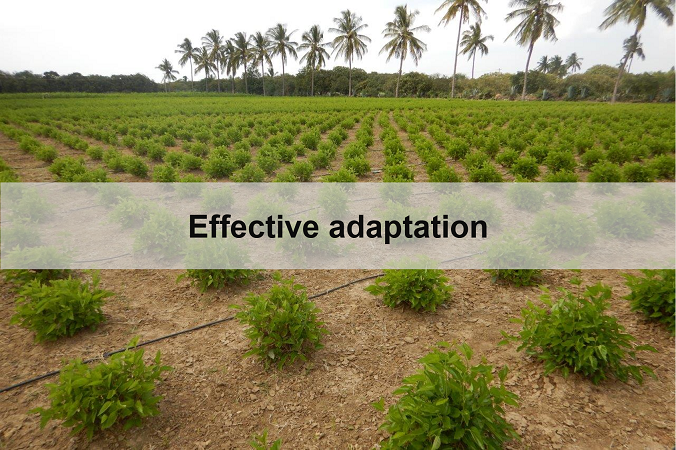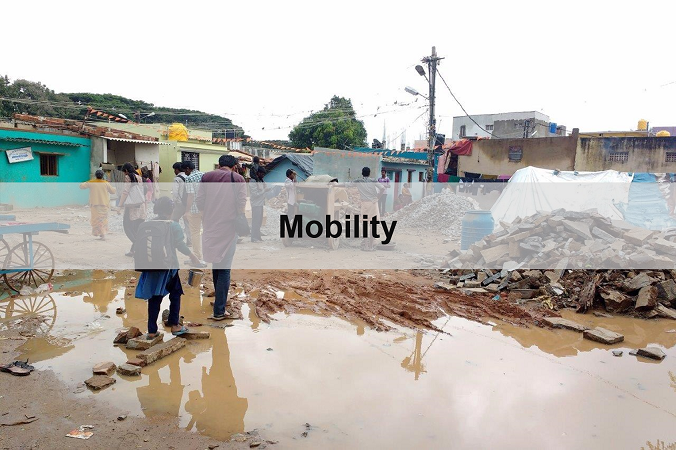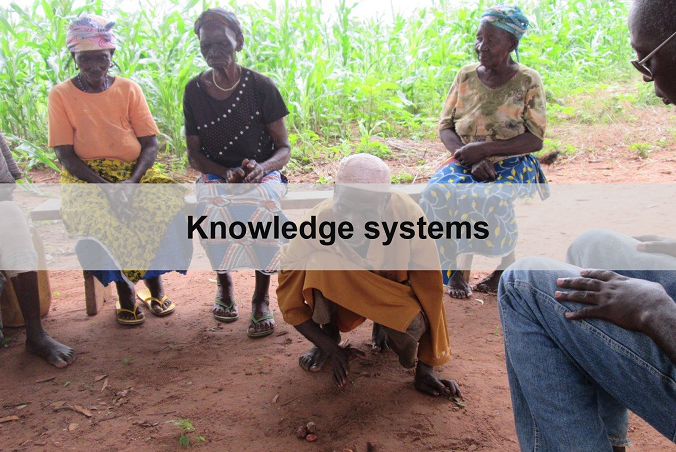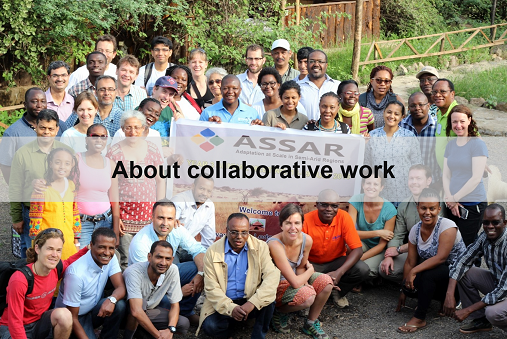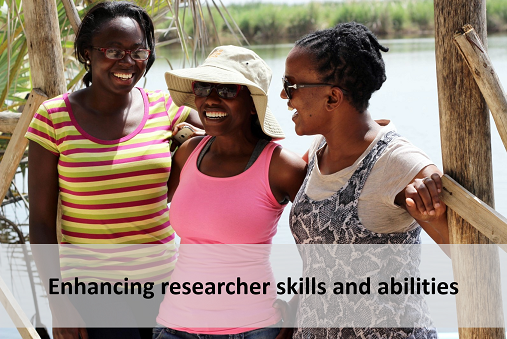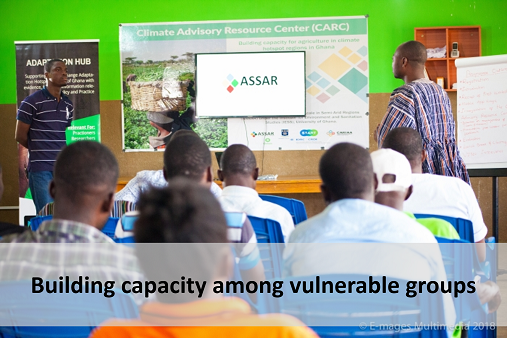Working in the semi-arid regions of Africa and India, the five-year (2014-2018), multi-institutional and multi-scale ASSAR project combined interdisciplinary scientific research (at regional and thematic levels), capacity building, and stakeholder engagement to improve understanding of the barriers and enablers to effective climate adaptation. Our work centred on informing climate adaptation policy and practice in ways that advance the agency and long-term wellbeing of the most vulnerable.
ASSAR was a project within the CARIAA(Collaborative Adaptation Research Initiative in Africa and Asia) programme, funded by IDRC and DFID.
Key insights from ASSAR’s research

With a strong focus on understanding the factors that enhance or diminish people's vulnerability and wellbeing, and the responses they take to deal with both climatic and non-climatic stressors, we focused on the most marginalised. In particular, we sought to shift the adaptation narrative from centering mainly on infrastructural, technical solutions to forefronting and addressing some of the barriers posed by power structures, patriarchal norms and governance disconnects. We also researched the different elements that contribute to people's wellbeing, such as social cohesion and connection, or subjective factors tied to achieving one's aspirations, which are rarely on the agendas or plans of decision makers. Through extensive research, ASSAR provided ample evidence of the numerous intersectional and contextual factors that need to be understood, in order to avoid unintended consequences, such as maladaptation, and further marginalisation of the most vulnerable.
In addition to focusing on the individual and household levels, the research also spanned multiple governance scales (from local to district to national levels) to gain a nuanced understanding of the factors influencing vulnerability, wellbeing and adaptive capacity. For instance, we analysed the resulting benefits and impacts of diverse development interventions, such as villagisation in Ethiopia, the creation of conservancies in Kenya and cotton cooperatives in Mali, or the decentralisation of water management in Namibia. Our objective was to understand how these interventions may enhance or reduce adaptive capacities of different stakeholder groups, given current and expected climate impacts.
We also conducted an extensive study on knowledge systems, and the factors that either enable or prevent the transfer of information on climate risks and adaptation between knowledge producers and knowledge users, and the feedback loops that do or do not exist between them. We also explored the impacts of a 1.5 degree and warmer world on the different countries where we worked, and looked at how changes in land use and land cover are affecting ecosystems and the services they provide for people's livelihoods in already-marginalised and precarious semi-arid environments.
During the project’s final stages, and as research findings became available, we increasingly focused on publishing our results and developing communications products that could effectively enable a diverse set of audiences to understand, and act on, some of ASSAR’s most salient conclusions. A summary of our findings and a searchable list of our outputs is available on the ASSAR website.
Our study areas
Our themes
Capacity building
Our outputs
